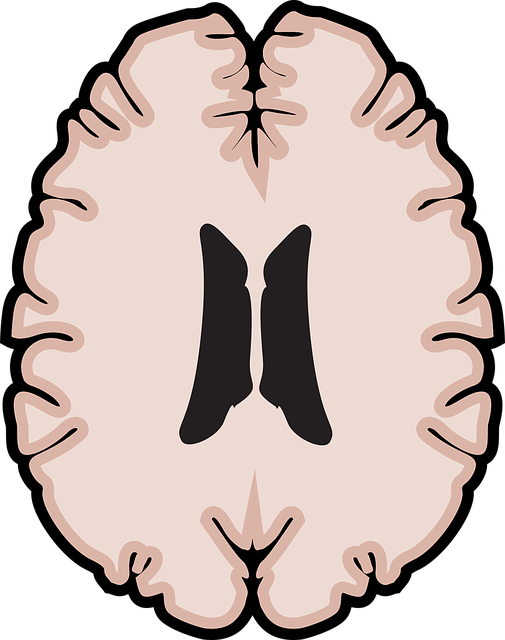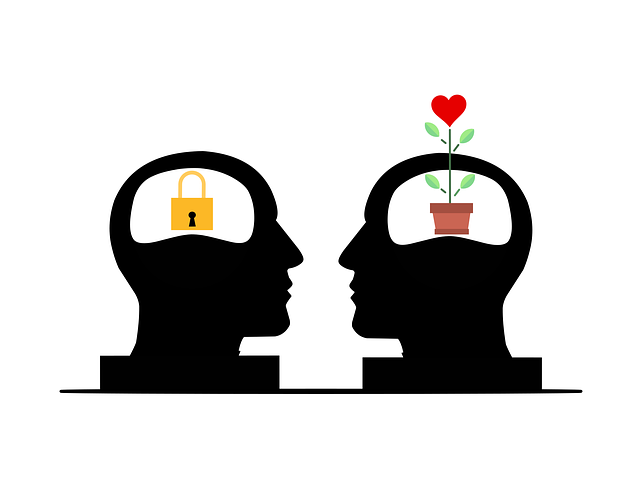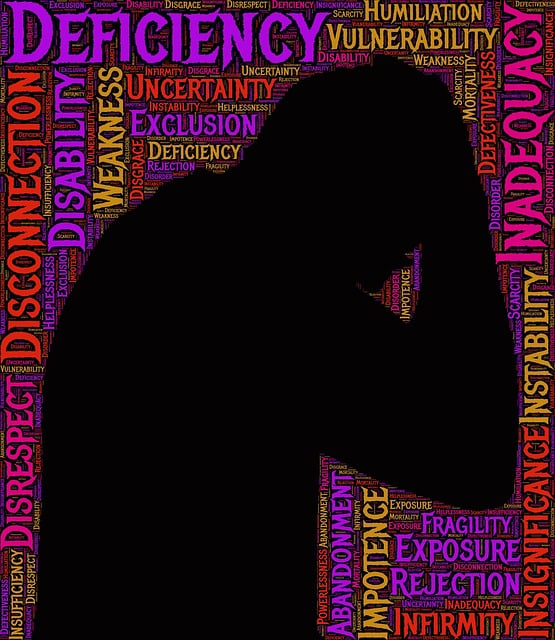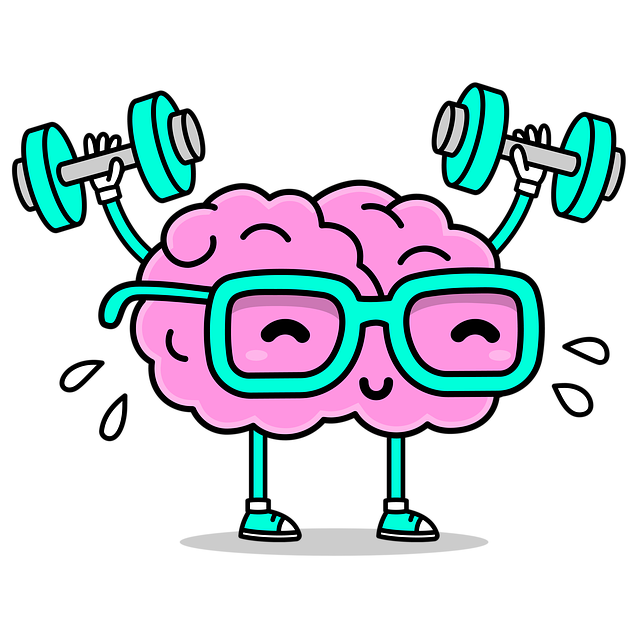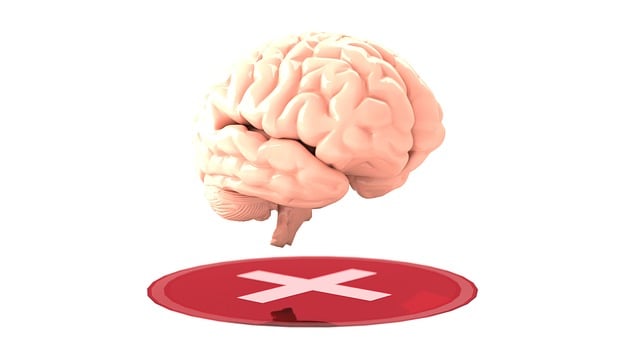Mental health advocacy is vital for supporting teens and couples facing emotional challenges through awareness raising, stigma reduction, and educational programs like community outreach. Key initiatives include therapy for adolescent teens and couples counseling, which equip individuals with coping strategies, improve communication, and promote emotional regulation. Mindfulness meditation enhances these approaches, fostering self-awareness and calmness. By addressing underlying issues, therapy prevents or mitigates anxiety, depression, and burnout, enhancing resilience and healthy relationship dynamics. Community outreach and accessible resources normalize mental health discussions, reduce stigma, and encourage therapy-seeking behaviors, ultimately creating supportive environments for teens and couples.
Mental health advocacy initiatives play a pivotal role in creating supportive environments for teens and couples facing psychological challenges. This article delves into various aspects of mental health support, offering insights on understanding advocacy, unlocking resources for teenagers, and exploring couples counseling as a powerful tool. We discuss the impact of therapy on adolescent well-being, effective advocacy strategies, and accessible therapy options tailored to the unique needs of both teens and their partners.
- Understanding Mental Health Advocacy: Unlocking Support Systems for Teens and Couples
- The Impact of Therapy on Adolescent Mental Well-being
- Couples Counseling: Fostering Connection and Overcoming Challenges Together
- Strategies for Effective Mental Health Advocacy Initiatives
- Accessing Resources: Navigating Therapy Options for Teenagers and Partners
Understanding Mental Health Advocacy: Unlocking Support Systems for Teens and Couples

Mental health advocacy is a powerful tool for creating supportive environments and ensuring access to care for teens and couples facing mental health challenges. It involves raising awareness, challenging stigma, and promoting understanding through various initiatives like community outreach programs. By engaging in these efforts, we can unlock crucial support systems that foster resilience and well-being.
Advocacy initiatives play a pivotal role in encouraging open conversations about mental health, especially among adolescents and young adults. Through targeted campaigns and educational workshops, teens learn to recognize emotional triggers and develop effective coping strategies. Couple’s counseling is also integral to this process, offering a safe space for partners to navigate stress, improve communication, and cultivate emotional regulation skills. Incorporating practices like mindfulness meditation can enhance these therapeutic approaches, promoting self-awareness and calmness in both individuals and relationships.
The Impact of Therapy on Adolescent Mental Well-being

Therapy plays a pivotal role in fostering mental well-being among adolescent teens. This period is often marked by significant emotional and psychological changes, making it vulnerable to various mental health challenges. Professional therapy serves as a safe space for teens to explore and process these feelings. Through evidence-based practices like couples counseling, therapists help adolescents develop essential emotional regulation skills, enabling them to navigate life’s stressors more effectively. By addressing underlying issues and providing support, therapy can prevent or mitigate conditions such as anxiety, depression, and burnout—common hurdles in adolescence.
Emotional well-being promotion techniques tailored for this age group focus on building resilience, self-esteem, and healthy coping mechanisms. Couples counseling, specifically designed for teens, involves both individuals and their families, fostering better communication and understanding. This holistic approach not only enhances emotional regulation but also encourages a supportive environment, crucial for overall mental health development during these formative years.
Couples Counseling: Fostering Connection and Overcoming Challenges Together

In today’s world, mental health advocacy initiatives are vital in supporting individuals and couples to navigate life’s challenges. Couples counseling plays a significant role in fostering connection and overcoming obstacles together. This specialized form of therapy for adolescent teens and their partners is designed to enhance communication, improve conflict resolution skills, and cultivate emotional intelligence. By participating in structured sessions, couples can explore underlying issues, develop coping strategies, and strengthen their bond.
One effective approach within the realm of couples counseling is incorporating compassion cultivation practices and mental health education programs design. These strategies enable individuals to understand each other’s perspectives, increase empathy, and promote healthy relationship dynamics. Through these means, adolescents and their partners can learn valuable tools to manage stress, regulate emotions, and create a supportive environment that strengthens their connection over time.
Strategies for Effective Mental Health Advocacy Initiatives

Mental health advocacy initiatives are powerful tools for fostering mental wellness and breaking down stigma. To be effective, these programs need a multi-faceted approach that caters to diverse populations. One key strategy is mental health awareness through educational campaigns and accessible mental wellness podcast series production. Engaging communities in conversations about mental health normalizes discussions, reduces shame, and encourages individuals to seek therapy for adolescent teens or couples counseling when needed.
Additionally, community outreach program implementation plays a vital role. By bringing services directly to underserved populations, these programs ensure that support is accessible regardless of socio-economic barriers. Tailoring interventions to specific communities’ needs, whether through cultural sensitivity or specialized therapy options, enhances the effectiveness and impact of advocacy initiatives, ultimately contributing to a more supportive and inclusive society for everyone struggling with mental health challenges.
Accessing Resources: Navigating Therapy Options for Teenagers and Partners

Accessing appropriate resources for mental health support is a critical aspect of advocacy, especially when focusing on adolescents and young adults. For teenage individuals grappling with mental health issues, therapy options specifically tailored to their age group are essential. Couples counseling, in contrast, offers a unique approach by addressing the interdynamic nature of relationships, which can significantly impact overall emotional well-being.
These therapeutic modalities play a pivotal role in fostering healthy coping mechanisms and promoting emotional regulation. By providing accessible and inclusive therapy for adolescent teens and couples, mental health advocates contribute to a comprehensive Mental Health Policy Analysis and Advocacy strategy. Furthermore, encouraging the development of self-care routines can complement these therapeutic interventions, leading to better overall mental health outcomes.
Mental health advocacy plays a pivotal role in empowering individuals, especially teenagers and couples, to navigate their mental well-being journeys. By understanding the unique needs of these groups, as highlighted through this article’s various sections—including therapy’s impact on adolescents and the benefits of couples counseling—we can unlock robust support systems. Effective advocacy initiatives, coupled with accessible resources like therapy for adolescent teens and couples counseling, are key to fostering resilience, enhancing relationships, and ultimately improving mental health outcomes.


